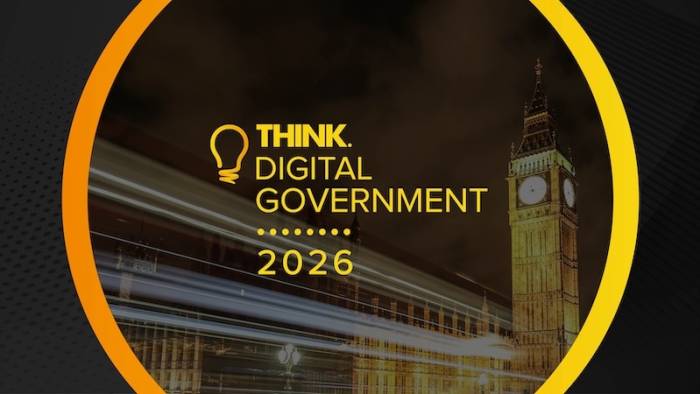Digital identity remains a top five priority for governments in 2024, according to Gartner.
The analyst said digital identity in government is expanding into larger ecosystems that include user authentication, unique citizen or organisation identifiers, and credential verification, such as smartphone-based identity wallets. Gartner predicts at least 500 million smartphone users will regularly make verifiable claims using a digital identity wallet built on distributed ledger technology by 2026.

According to Gartner, “government CIOs can strengthen their digital identity strategy by building on use cases and partnerships that break out of traditional sector silos to add greater value for citizens, government and businesses. They have an opportunity to shape these emerging ecosystems by asserting government’s role as a potential federator, facilitator and regulator of digital identity.”
Programmatic data management
Alongside digital identity, government leaders are demanding increased use of data for decision making and planning. Gartner noted that programmatic data management is the systematic and scalable approach to enable enterprise-wide use of data assets, which is being advanced by automation platforms and their ability to incorporate AI capabilities. According to Gartner, more than 60 percent of government organisations will prioritise investment in business process automation by 2026, up from 35 percent in 2022.
“Data remains the basis of decision making in government, and the growing proliferation of AI re-emphasises the need for government CIOs to enhance the quality and efficiency of data at scale by improving the rules and structures that govern it,” said Todd Kimbriel, VP analyst at Gartner.
Elsewhere, Gartner said adaptive security will be a major trend in government.
Gartner predicts that by 2028, multiagent AI in threat detection and incident response will rise from 5 to 70 percent of AI implementations to augment, not replace staff. AI is creating new cybersecurity adaptations and requirements, which presents new opportunities for government CIOs. An adaptive security model merges and continually adjusts cybersecurity tools, techniques and talent to the changing threat landscape.
If you liked this content…
“Government CIOs and leaders need to overcome any lingering resistance to the adoption of adaptive security by linking its value to broader organisational objectives, such as digital innovation and transformation, national security objectives and operational resilience,” said Kimbriel.
AI and digital platform agility
Gartner also predicts more than 70 percent of government agencies will use AI to enhance human administrative decision making by 2026. Machine learning, analytics and generative AI will mature over the next two years and combine into a suite of tools that will support improved government service delivery.
“These tools will need to be subject to careful governance, so it’s important government CIOs drive AI adoption and governance policies throughout the organisation,” said Kimbriel. “They must develop a strategy that incorporates these policies with a focus on desired outcomes, then take a continuous assurance approach to ensure they are maintained after implementation.”
Finally, Gartner stressed the importance of digital platform agility within the public sector.
“Government organisations are increasingly adopting platform-based solutions, such as industry cloud and low-code application platforms. This enables them to quickly deploy business capabilities and address service delivery risks posed by antiquated systems, and easily flex and scale to citizen service demands. Cloud-native capabilities in these platform solutions provide greater cost control and faster time to value,” it said.
“Platform cloud-based solutions will open new opportunities for innovation and transformation of business processes in government organisations. Gartner recommends government CIOs implement a multicloud strategy to maximise these opportunities and mitigate the complexities of incremental modernisation across multiple systems.”
Register now for Think Data for Government on June 5 and Think Digital Identity and Cybersecurity for Government on June 11.











